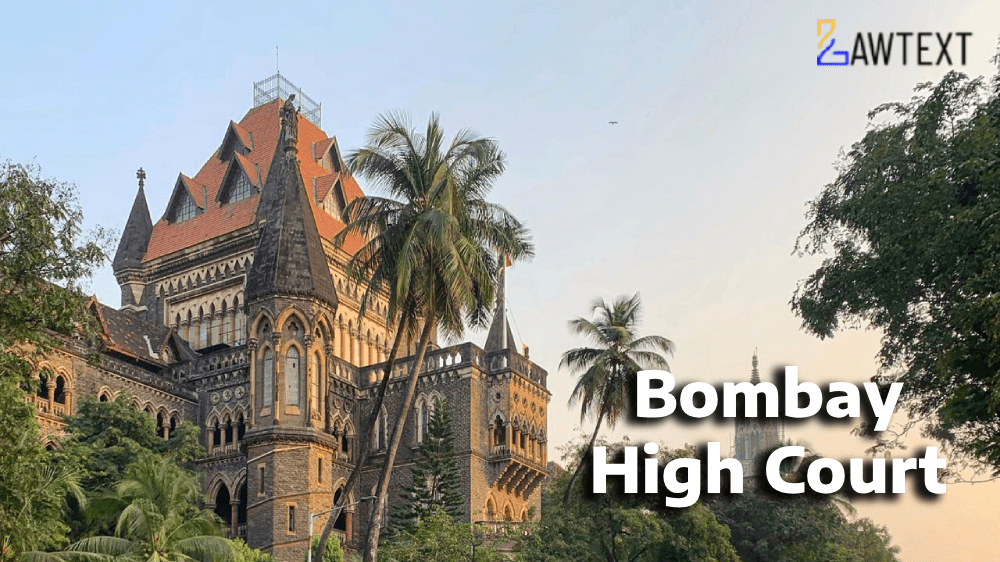

The Union of India filed an appeal challenging an order of the Motor Accident Claims Tribunal, which directed compensation for injuries sustained in a motor accident. The Union's contention was based on procedural lapses and the alleged drunken state of the injured claimant at the time of the accident. The court evaluated the admissibility of evidence from a police station diary, focusing on whether it was sufficient to undermine the claimant's statements and if the absence of blood alcohol testing impacted the findings on rashness and negligence.
Introduction
The Union of India, represented by Advocate Shri Bhate, appealed against orders passed by the Motor Accident Claims Tribunal, Mumbai, on 21 April 1994 and 11 August 1998. The Tribunal awarded the claimant Rs. 1,45,367 as compensation.
Remedies Against Ex-Parte Orders
The case primarily examines the rights of a party who was absent, despite filing a written statement, to challenge findings in an ex-parte judgment. The two remedies available are:
Scope Under Order 9 Rule 13 CPC
The Court’s inquiry under Order 9 Rule 13 is restricted to examining proper service of summons and valid reasons for the non-appearance of the defendant. In this case, service was confirmed, and the non-appearance was due to the Union’s advocate’s failure to appear, a reason the Tribunal did not find satisfactory.
Scope of Appeal
Unlike Order 9 Rule 13, an appeal offers broader grounds for review, allowing arguments on evidence insufficiency and service of summons. However, as per Article 123 of the Limitation Act, the Union of India’s application was beyond the 30-day period.
Tribunal’s Findings
The Tribunal rejected the Union's argument of "sufficient cause for non-appearance" due to a lack of timely application and documentation proving non-appearance.
Accident Details and Station Diary Reference
The station diary reported the claimant was intoxicated at the time of the accident. The diary noted the claimant’s inability to respond at the hospital due to intoxication. However, the Court emphasized that the station diary, while a public document, lacks the status of substantive evidence.
Testimony vs. Station Diary
The Tribunal found the claimant’s oral testimony credible and corroborated by the station diary concerning the location and identification of the car but disregarded unsupported diary references to the claimant’s drunkenness.
Final Judgment
The Court dismissed the appeal, ruling that the absence of a blood test weakened the Union’s argument regarding the claimant's alleged intoxication and upheld the Tribunal's finding of negligence on the part of the driver.
The court held that the entries in the station diary, while public records, do not constitute substantive evidence in the absence of further proof, such as a blood test for intoxication. The Union’s failure to file timely and properly substantiated procedural applications ultimately limited its grounds for appeal.
Subjects:
Citation: 2024 LawText (BOM) (10) 241
Case Number: First Appeal No.475 of 2000 In M.A.C.T. Application No.2023 of 1988
Date of Decision: 2024-10-24
Case Title: Union of India Versus Shri Dnyaneshwar Mangesh Bagkar
Before Judge: S.M. MODAK, J
Advocate(s): Mr. Y.R. Bhate a/w. Mr. Shreyas Deshpande Advocate for the Appellants Ms. Kavita Anchan a/w. Mr. Zubair Zariwala i/b. Vishal Dhende Advocate for Respondent No.1.
Appellant: Union of India
Respondent: Shri Dnyaneshwar Mangesh Bagkar